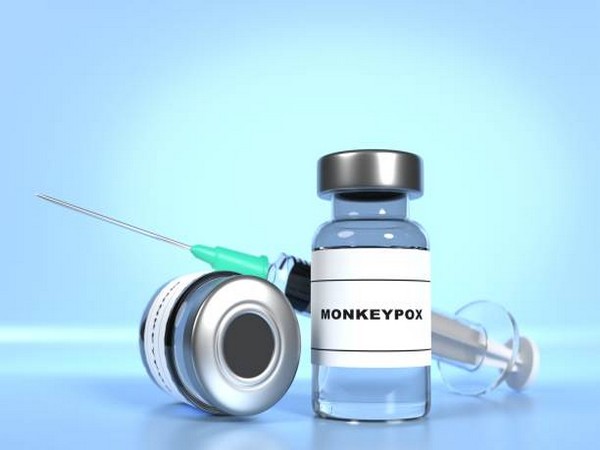India Issues Advisory on Mpox Outbreak
The Union Health Ministry has issued an advisory following India’s first Mpox Clade 1b case. The advisory outlines measures for isolation, testing, and public health preparedness. The ministry underscores the high transmissibility and virulence of Clade 1b and calls for strict infection control.

- Country:
- India
The Union Health Ministry has released an advisory for all states and union territories after India reported its first case of Clade 1b Mpox infection. This makes India the third non-African nation to detect this strain.
Issued on September 26, the advisory mandates the isolation of suspected Mpox cases and the implementation of strict infection control measures. It also lists operational laboratories for testing and details clinical management protocols, infection prevention practices, and a risk communication strategy.
The World Health Organization (WHO) declared the current Mpox outbreak a Public Health Emergency of International Concern (PHEIC) on August 14, 2024. This is the second time Mpox, under International Health Regulations 2005, has been associated with PHEIC. States are advised to assess public health preparedness, with senior officials conducting reviews at both state and district levels.
The ministry directs hospitals to identify isolation facilities for managing suspected and confirmed Mpox cases, ensuring the necessary logistics and trained personnel are in place, and to develop an augmentation plan. The advisory notes that while the clinical presentation of Mpox Clade I in adults is similar to Clade II, the complication rate may be higher in Clade I.
The ongoing outbreak has seen Mpox Clade I cases primarily in the Democratic Republic of Congo, with recent cases reported in Sweden and Thailand. India's case makes it the third non-African country to report a Clade 1b infection.
The health ministry emphasizes important public health actions to prevent further spread, which include reviewing health facility preparedness, isolating suspicious cases, and adhering to current treatment guidelines. Samples from suspected cases should be sent to designated laboratories immediately, and positive samples to ICMR-NIV for genome sequencing.
The advisory notes robust diagnostic testing capabilities, with 36 ICMR-supported labs nationwide and three commercial PCR kits approved by the CDSCO. The Health Ministry will continue to monitor the situation and provide support to states and union territories.
(With inputs from agencies.)










